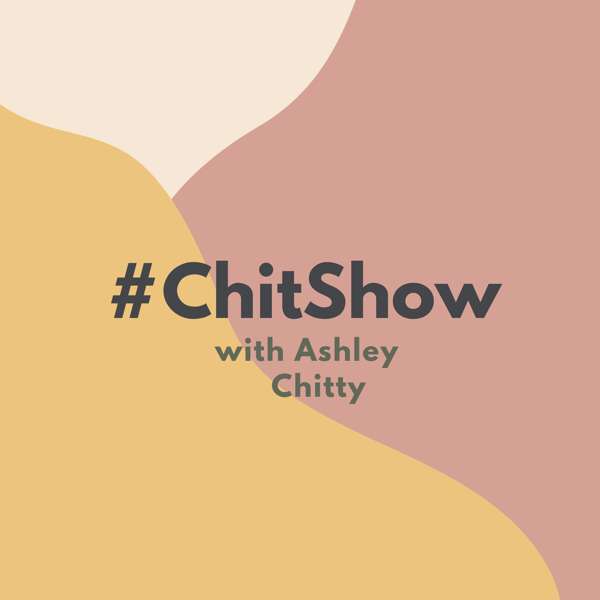Ginseng has recently gained popularity for those looking to get an extra edge on the job, or to improve daily focus. It also has rejuvenating qualities that can support an increase in energy.
There are two main varieties of ginseng, American and Asian (Korean) that have slightly different benefits, so talk to you doctor to make sure you're taking the appropriate one for your needs.
In addition to its well-known energy-boosting potential, here are three other reasons to use ginseng:
1: Stress Relief After incorporating ginseng into their diets, people taking American or Asian ginseng recorded a drop in stress and have also reported an enhanced feeling of well-being. Several studies have also measured ginseng's effect by a self-reported increase in quality of life and improvement in mental acuity.
2: Immune Health Ginseng offers a natural remedy to help maintain a healthy immune system and keep away the sniffles during cold and flu season. By enhancing resistance to illnesses, the extract from ginseng roots, stems and leaves provide a defense against various infections. A clinical study conducted in 1996 revealed that patients who received ginseng had a lower incidence of influenza and colds, higher antibody titers (levels), and higher natural killer cell (immune) activity levels.
3: Weight Regulation If your blood-sugar levels are too high, your body cannot break down fat. American ginseng has been shown as an effective blood-glucose modulator that can lower blood sugar levels in diabetic and non-diabetic patients.
One important thing to remember, ginseng can thin your blood. If you take any kind of blood-thinning medication please check with your health provider before adding this herb to your diet.
Ginseng's herbal properties and nutrient-rich composition can make it a great addition to your health routine. It can be taken as a supplement or capsule, but an easier approach is enjoying it as an herbal tea or adding ginseng root or powder to drinks on a daily basis. --
American Ginseng: "The aromatic root of the perennial herb Panax quinquefolius, native to eastern North America. American ginseng, used in Chinese traditional medicine and available as a nutritional supplement, is classified as an adaptogenic herb with multiple effects, many of which are regulatory in nature." See National Cancer Institute, "Ginseng," NCI Drug Dictionary, https://www.cancer.gov/publications/dictionaries/cancer-drug/def/american-ginseng, accessed January 2019.
Asian (Korean) Ginseng: "Asian ginseng is native to the Far East, including China and Korea, and has been used for health-related purposes for at least 2,000 years. The terms red ginseng and white ginseng refer to Asian ginseng roots prepared in two different ways." See National Center for Complementary and Integrative Health, "American Ginseng," National Institute of Health, https://nccih.nih.gov/health/asianginseng/ataglance.htm, accessed January 2019.
LINKS & RESOURCES:
Follow Dr. Nada on:
Linkedin https://www.linkedin.com/in/nada-milo... Sage Tonic www.sagetonic.com Sage Tonic on Instagram https://www.instagram.com/sagetonic/
Robert Sanders, "Researchers find out why some stress is good for you," Berkeley News, April 16, 2013, https://news.berkeley.edu/2013/04/16/researchers-find-out-why-some-stress-is-good-for-you/, accessed January 2019.
Seungyeop Lee and Dong-Kwon Rhee, "Effects of ginseng on stress-related depression, anxiety, and the hypothalamic–pituitary–adrenal axis," Journal of ginseng research 41.4 (2017): 589-594.
F. Scaglione, et al., "Efficacy and safety of the standardised Ginseng extract G115 for potentiating vaccination against the influenza syndrome and protection against the common cold [corrected]." Drugs under experimental and clinical research 22.2 (1996): 65-72.
Sun Young Kim et al., "Effects of red ginseng supplementation on menopausal symptoms and cardiovascular risk factors in postmenopausal women: a double-blind randomized controlled trial," Menopause 19.4 (2012): 461-466.
Hyeong-Geug Kim et al., "Antifatigue effects of Panax ginseng CA Meyer: a randomised, double-blind, placebo-controlled trial," PloS one 8.4 (2013): e61271.
Andrew Scholey et al., "Effects of American ginseng (Panax quinquefolius) on neurocognitive function: an acute, randomised, double-blind, placebo-controlled, crossover study," Psychopharmacology 212.3 (2010): 345-356.
J. T. Xie et al., "Ginseng berry reduces blood glucose and body weight in db/db mice," Phytomedicine 9.3 (2002): 254-258.
SUBSCRIBE: Apple Podcasts: http://bit.ly/SpartanUpShow YouTube: http://bit.ly/SpartanUpYT Google Play: http://bit.ly/SpartanUpPlay
FOLLOW SPARTAN UP: Spartan Up on Instagram https://www.instagram.com/spartanuppo... Spartan Up on Twitter https://twitter.com/SpartanUpPod
CREDITS: Producer: Marion Abrams, Madmotion, llc. Writer and Host: Nada Milosavljevic MD, JD
© 2019 Spartan

 Our TOPPODCAST Picks
Our TOPPODCAST Picks  Stay Connected
Stay Connected







